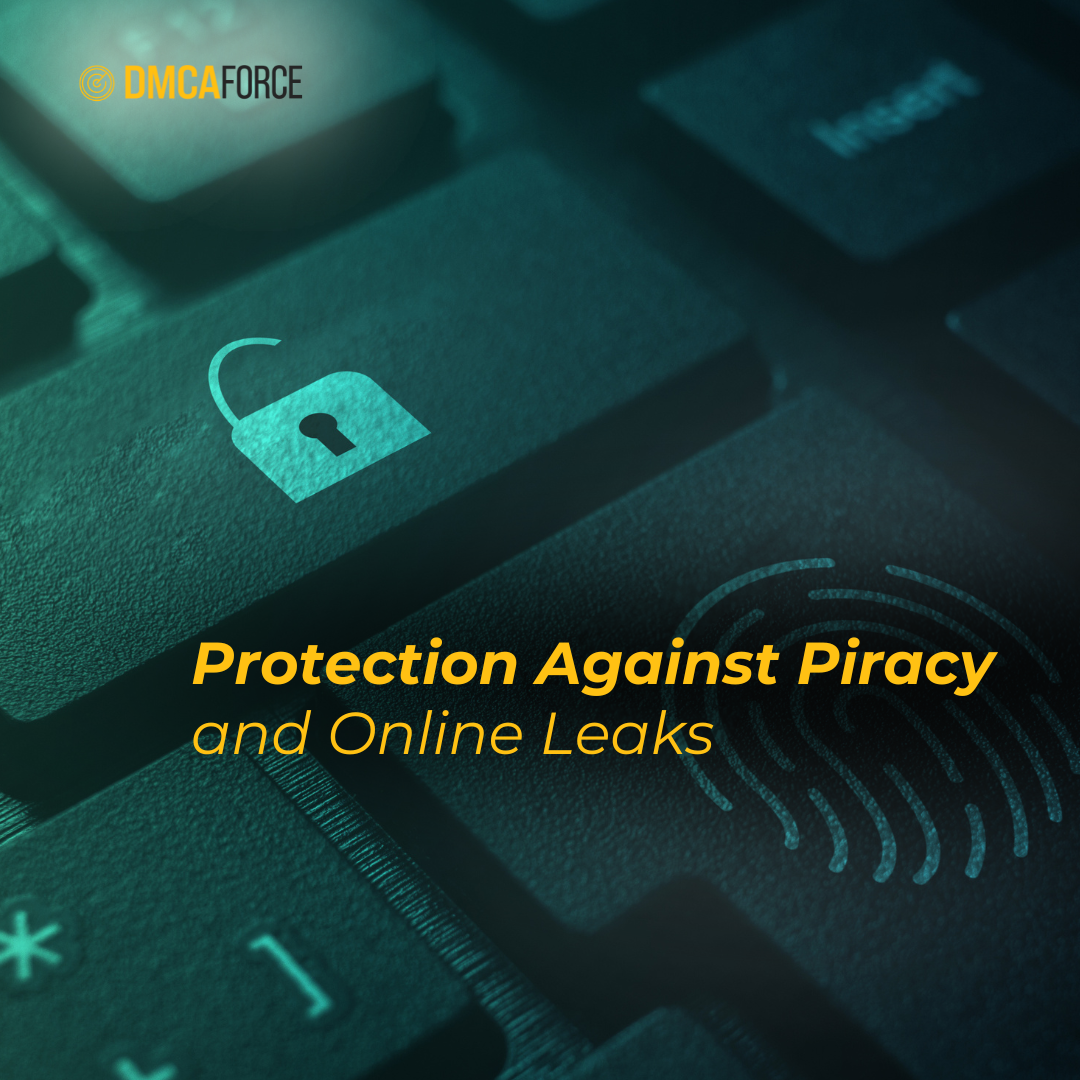News

Digital Privacy Safety Tips
Digital privacy matters for everyone who uses the internet. It’s like locking your diary to keep your secrets safe from strangers who shouldn’t peek inside. There are some easy steps you can take to look to follow digital privacy safety tips and feel secure online.
Follow these Digital Privacy Safety Tips:
- It’s smart to create strong passwords for your accounts. A strong password is like a secret code that’s tough for others to crack. Mix up letters, numbers, and symbols to make it strong. Avoid using simple passwords like “123456” or “password.” And remember, use different passwords for different accounts to keep them all safe.
- Think twice before sharing personal details online. Before you post things like your address, phone number, or birthday on social media or websites, consider who really needs to know. Cybercriminals can use this info to cause trouble, so it’s best to keep it private and only share it with people you trust.
- Be careful when clicking on links or downloading files in emails or messages. Cybercriminals often use tricks to get you to share personal info unknowingly. If you get a message from someone you don’t know or weren’t expecting, be cautious about clicking on any links or downloading files. Take a moment to check if the sender is who they say they are.
- Keep your devices up to date with the latest software updates. Updates often include fixes for security issues that cybercriminals could use to harm you. By staying up to date, you can protect yourself from potential threats and keep your info safe.
- Consider using encryption to keep your data safe. Encryption scrambles your information so only trusted people can read it. You can use encryption tools to protect your emails, messages, and files, making it harder for cybercriminals to snoop on your conversations.
- Pay attention to the privacy settings on your social media accounts. Many platforms let you choose who can see your posts and personal info. Take a moment to review and adjust these settings to make sure you’re only sharing with people you trust.
- When using public Wi-Fi networks, consider using a virtual private network (VPN). Public Wi-Fi can be risky as it’s easy for cybercriminals to spy on your data. A VPN encrypts your internet connection, adding an extra layer of security when you’re online on public Wi-Fi.
Looking after your digital privacy is crucial in today’s connected world. By following these simple tips, you can protect your personal information and feel safe online. Remember to use strong passwords, be cautious about sharing personal info, avoid clicking on suspicious links, keep your devices updated, use encryption, adjust privacy settings, and consider using a VPN on public Wi-Fi. Stay alert and take steps to keep your digital life secure.
What is digital piracy and ways to prevent it?
Digital piracy is when people copy and share digital content, like music, movies, software, or books, without permission from the creators. It’s like taking something that doesn’t belong to you. This can hurt the people who made the content because they lose money and recognition for their hard work.
There are several ways to prevent digital piracy. One way is to use legal sources for downloading or streaming content. Many websites and services offer music, movies, and software legally. By using these platforms, you support the creators and help reduce piracy.
Another way is to use digital rights management (DRM) tools. DRM helps protect digital content by controlling how it can be used and shared. For example, some e-books have DRM that prevents them from being copied or printed without permission.
Education is also important in preventing digital piracy. People need to understand why it’s wrong to share copyrighted material without permission. Schools and parents can teach kids about respecting intellectual property and the importance of supporting creators by paying for their work. DMCA notices and takedowns can help protect content online and stop copyright infringements.
Companies can also take steps to protect their content from being pirated. They can use watermarking techniques that embed a unique code into their files, making it easier to track where pirated copies come from. They can also monitor the internet for illegal copies of their work and take action to have them removed. We crawl sites online to help you find leaked content and piracy to help protect your brand.
Governments play a role in preventing digital piracy by enforcing copyright laws. Strong laws and penalties for those who engage in piracy can deter people from illegally sharing content.
Digital piracy is copying and sharing digital content without permission, which harms creators. To prevent it, use legal sources for content, employ DRM tools, and educate others about its impact. Companies should protect their work with technology like watermarking and monitoring systems while governments enforce copyright laws effectively.
How do owners protect themselves from piracy?
Protecting digital content from piracy is a major concern for owners of music, movies, books, and software. To combat piracy, owners use various methods to safeguard their intellectual property. One effective way is through digital rights management (DRM) tools. DRM helps control how digital content is used and shared, preventing unauthorized copying or distribution.
Another method is watermarking, where a unique code or mark is embedded into the digital file. This makes it easier to trace the source of illegal copies and identify pirates. Owners can also monitor the internet for illegal copies using special software that searches for unauthorized versions of their work online.
Legal action is another tool owners use to protect their content. By enforcing copyright laws, they can take pirates to court and seek penalties or damages. This legal approach serves as a strong deterrent against piracy.
Education plays a crucial role in reducing piracy. Owners inform users about the importance of respecting intellectual property and the consequences of piracy through various channels such as social media, schools, and online platforms.
Offering affordable and convenient legal options for accessing content also helps reduce piracy. When people have easy access to reasonably priced music, movies, books, or software, they are less likely to turn to pirated versions.
Building a loyal fan base who respect and support their work also helps owners combat piracy. Engaging with fans through social media and other platforms encourages them to purchase legal copies and discourage others from pirating content.
What are the risks of digital piracy?
The risk is the loss of creative freedom. When creators’ work is pirated without permission, they may feel pressured to produce more content to make up for lost revenue. This can lead to burnout and a decrease in the quality of their work.
Piracy also poses a risk to personal data and security. When people download pirated content from untrusted sources, they may be exposing themselves to malware and viruses that can compromise their devices and personal information.
Moreover, digital piracy can have serious legal consequences. Pirates can face fines, penalties, or even criminal charges for copyright infringement.
Piracy also undermines innovation and creativity. When people don’t respect intellectual property rights, it sends a message that creativity is not valued or protected. This can discourage new ideas and innovations from emerging.
What are the dangers of digital piracy?
Digital piracy poses many dangers to individuals, businesses, and society as a whole. One of the most significant dangers is financial loss. When people pirate digital content, they are depriving creators of their rightful earnings. This can lead to financial struggles for artists, musicians, and writers who rely on their work for a living.
Another danger is the spread of malware and viruses. When people download pirated content from untrusted sources, they may be exposing themselves to malware that can compromise their devices and personal information.
Digital piracy also poses a threat to personal data security. When people share pirated content online, they may be sharing sensitive information such as passwords and credit card numbers.
Furthermore, digital piracy can have serious legal consequences. Pirates can face fines, penalties, or even criminal charges for copyright infringement.
Piracy also undermines innovation and creativity. When people don’t respect intellectual property rights, it sends a message that creativity is not valued or protected. This can discourage new ideas and innovations from emerging.
Is digital piracy a crime?
Digital piracy is a serious issue that has been debated for years. In many countries, digital piracy is considered a crime and is punishable by law. Copyright infringement, which includes unauthorized copying, distribution, or sharing of copyrighted materials such as music, movies, and software, is illegal.
In the United States, for example, the Digital Millennium Copyright Act (DMCA) makes it illegal to circumvent anti-piracy measures or to distribute technology that can be used to pirate copyrighted content. The DMCA also provides legal protection for copyright holders who take action against pirates.
In other countries, such as China and India, digital piracy is also illegal and punishable by law. In some cases, pirates can face fines or even imprisonment.
However, some argue that digital piracy should not be considered a crime. They argue that it is a victimless crime and that it does not harm anyone directly. They also argue that the laws against digital piracy are overly broad and can be used to stifle innovation and creativity.
Despite these arguments, most experts agree that digital piracy has serious consequences for creators and the economy as a whole. It deprives creators of their rightful earnings and undermines the incentive to create new content.
Get help following digital privacy safety tips from DMCA Force.
How to Protect Your OnlyFans Content from Online Leaks and Piracy
November 15, 2024

Protect Your Content on Telegram: Using DMCA Claims to Combat Piracy
November 13, 2024

Unlock Your Revenue Potential at the AW Summit 2024 in Bucharest!
September 10, 2024
Got questions about protecting your digital assets from copyright infringement?


